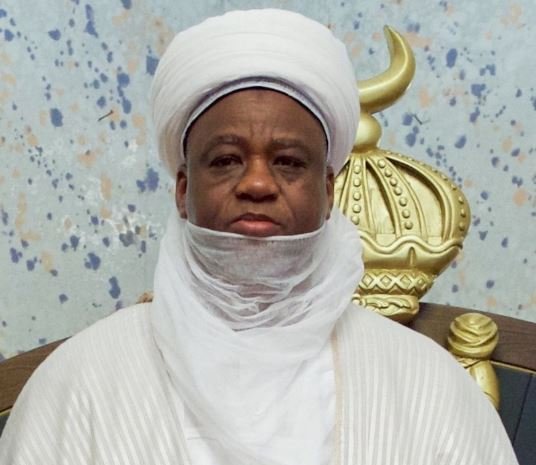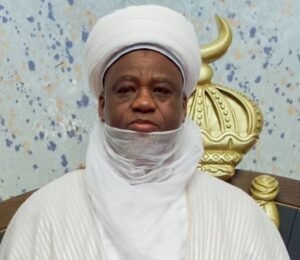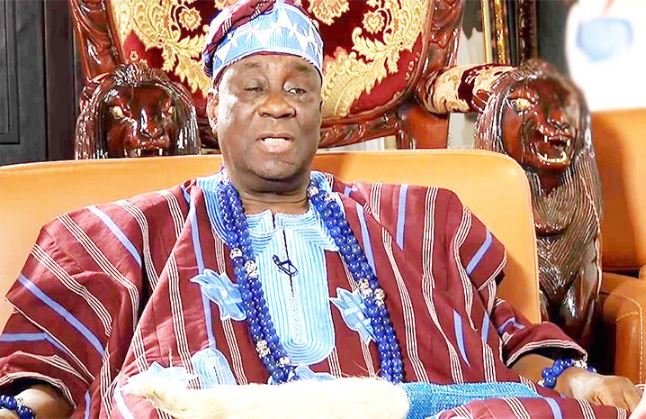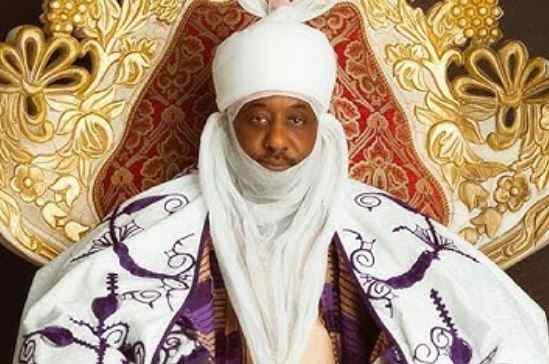
Complete List Of Sultans Of Sokoto (1817-Present)
The Sultan of Sokoto is the spiritual leader of Muslims in Nigeria and the head of the Sokoto Caliphate. Usman Dan Fodio established this title in the early 19th century after he led a successful jihad against the Hausa kingdoms.
The first Sultan was his son, Muhammed Bello, who ruled from 1817 to 1837, and It has been passed down through generations, with Sa’adu Abubakar III currently serving as the 20th Sultan since 2006.
READ ALSO: Complete List Of Oba Of Lagos (1630-Present)
List Of Sultan Of Sokoto From 1817 Till Date
No. | Name | Reign Start | Reign End |
|---|---|---|---|
1 | Muhammed Bello | 21 April 1817 | 25 October 1837 |
2 | Abubakar I Atiku | 26 October 1837 | 23 November 1842 |
3 | Ali Babba bin Bello | 30 November 1842 | 21 October 1859 |
4 | Ahmadu Atiku | 24 October 1859 | 2 November 1866 |
5 | Aliyu Karami | 6 November 1866 | 18 October 1867 |
6 | Ahmadu Rufai | 21 October 1867 | 12 March 1873 |
7 | Abubakar II Atiku na Raba | 16 March 1873 | 28 March 1877 |
8 | Mu'azu | 6 April 1877 | 26 September 1881 |
9 | Umaru bin Ali | 3 October 1881 | 25 March 1891 |
10 | Abd al-Rahman bin Atiku | 25 March 1891 | 10 October 1902 |
11 | Muhammadu Attahiru I | 13 October 1902 | 15 March 1903 |
12 | Muhammadu Attahiru II | 21 March 1903 | 1915 |
13 | Muhammadu dan Ahmadu | 1915 | 1924 |
14 | Muhammadu dan Muhammadu | 1924 | 1931 |
15 | Hasan dan Mu'azu Ahmadu | 1931 | 1938 |
16 | Siddiq Abubakar III | 15 March 1903 | 1 November 1988 |
17 | Ibrahim Dasuki | 6 November 1988 | 14 November 2016 |
18 | Muhammadu Maccido | 20 April 1996 | 29 October 2006 |
19 | Sa'adu Abubakar | 2 November 2006 |
READ ALSO: List Of Obis Of Onitsha (Mid 16th Century – Present)
Who Was The First Sultan Of Sokoto?
Muhammed Bello was the first Sultan of Sokoto, also known as the Caliph of Sokoto. He was born on November 3, 1781, and became Sultan in 1817 after his father, Usman Dan Fodio, who founded the Sokoto Caliphate.
Bello ruled until he died in 1837. His father, Usman Dan Fodio, was a well-respected Islamic scholar and preacher. From a young age, Bello learned about Islam and leadership under his father’s guidance.
He played an important part in the Fulani War, which helped establish the Sokoto Caliphate. This caliphate became one of the largest states in Africa, uniting many Fulani and Hausa people. During his time as Sultan, Bello spread Islam across the region.
He emphasized the importance of education for everyone, including women, and supported the creation of Islamic courts. Bello also built schools and mosques and encouraging people to settle in communities and focus on education.
However, Bello faced several challenges as Sultan. After his father passed away, there were disputes over leadership. Some nobles did not want to accept him as the new leader. Yet, Bello managed to unite many factions under his rule.
He allowed some traditional Hausa customs to continue, which helped him gain support from various groups. One of his notable achievements was the expansion of education.
His sister, Nana Asma’u, played an integral part in teaching women and promoting education in rural areas. Bello also authored many books on history, poetry, and Islamic studies.
His work “Infaku’l Maisuri” is a key historical book that discusses the Fulani Wars and his father’s empire. Sadly, Muhammed Bello died on October 25, 1837, at the age of 58. After his death, his brother, Abu Bakr Atiku, succeeded him as Sultan.
Who Is The Current Sultan Of Sokoto?

The current Sultan of Sokoto is Muhammad Sa’adu Abubakar, born on 24 August 1956. He became the Sultan on 2 November 2006, after the death of his brother, Muhammadu Maccido, in a plane crash.
As the 20th Sultan, he is a key figure in Nigeria, serving as the spiritual leader for Muslims across the country. Sa’adu Abubakar comes from a respected lineage, being the youngest son of Sir Siddiq Abubakar III, who was the 17th Sultan and served for over fifty years.
This connection ties him to the throne established by his ancestor, Sheikh Usman Dan Fodio, who was a prominent Islamic leader in the 18th century.
Abubakar grew up in Sokoto and attended Barewa College in Zaria before moving on to the Nigerian Defence Academy in 1975. His military career began in 1977 when he was commissioned as a Second Lieutenant.
And, he served in different roles, including heading a presidential security unit and commanding a battalion of African peacekeepers in Chad. As Sultan, Abubakar has many responsibilities.
He is not just a ceremonial leader; he also plays a part in the Islamic community. He is the Chief Moonsighting Officer, which means he is in charge of determining when Ramadan starts and ends in Nigeria.
Moreover, Sa’adu Abubakar leads the Qadiriyya Sufi order, the most influential Islamic group in Nigeria. He is senior to other leaders, including the Emir of Kano, who leads the Tijaniyya Sufi order.


